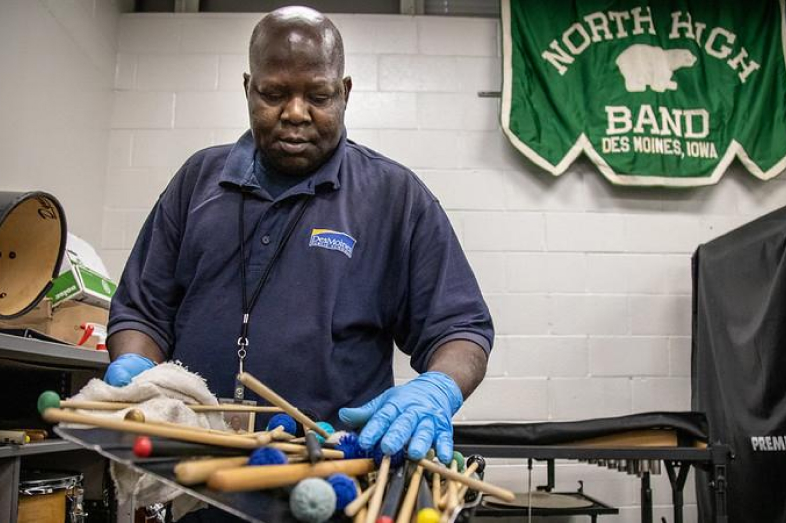
Coronavirus and Education
The rapid spread of the coronavirus disease 2019 (COVID-19) — which the World Health Organization has declared a global pandemic — has big implications for P-12 and higher education in the United States. Education journalists around the country are playing a vital role in helping communities understand the situation, from school closures to plans for remote learning and making sure high-need students maintain access to wraparound services like health care and meals.
Education Week is tracking state-level K-12 school closures, which includes the closure of both the buildings and in-person instruction.
While the response to the health crisis is fluid, it’s clear that educators will have to rethink teaching methods. Challenges include adopting new methods of digital learning and instruction if bricks-and-mortar classrooms remain closed for an extended period, as well as helping families struggling with child care issues or mandated quarantines.
Photo credit: Flickr/Phil Roeder